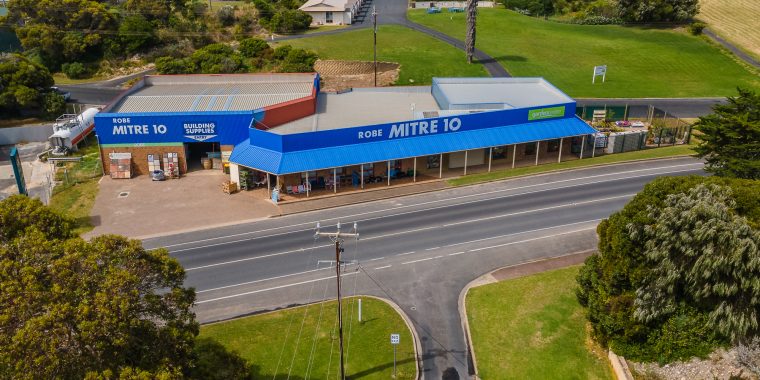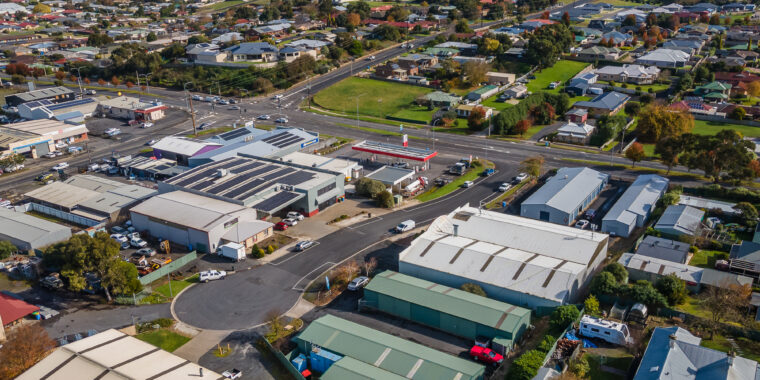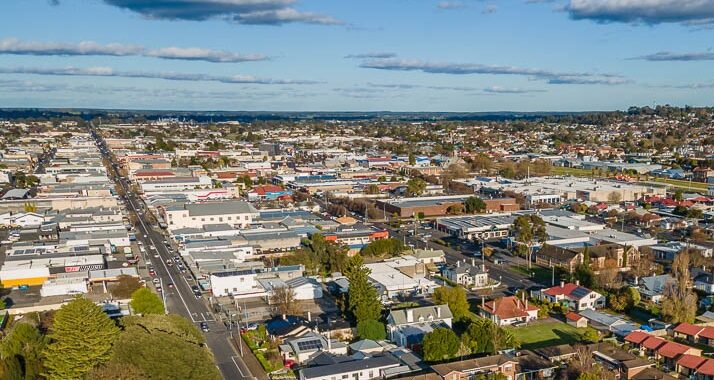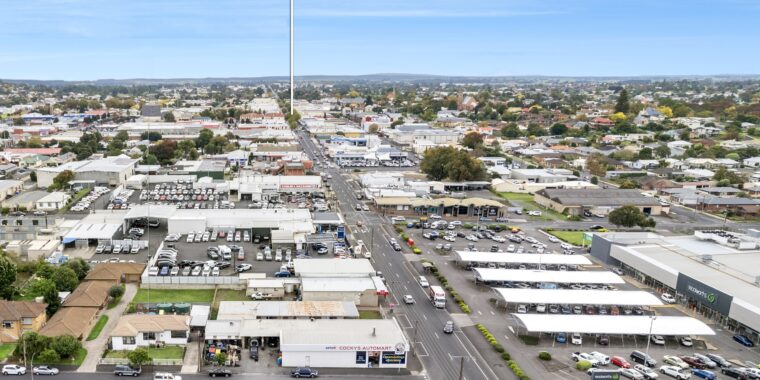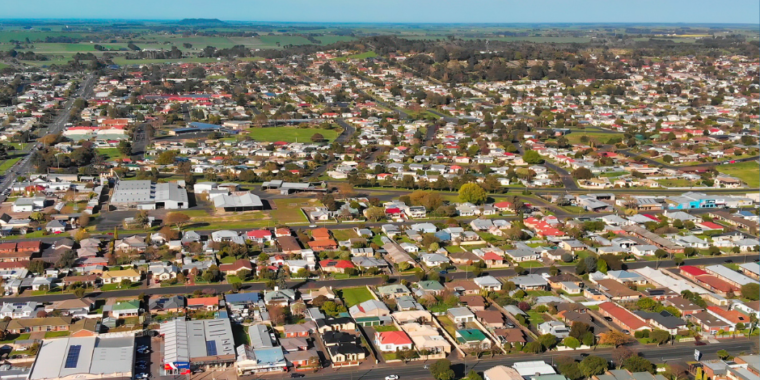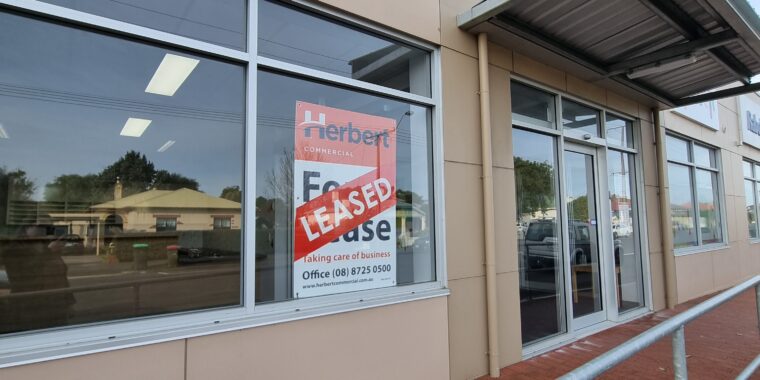Buy with Complete Confidence
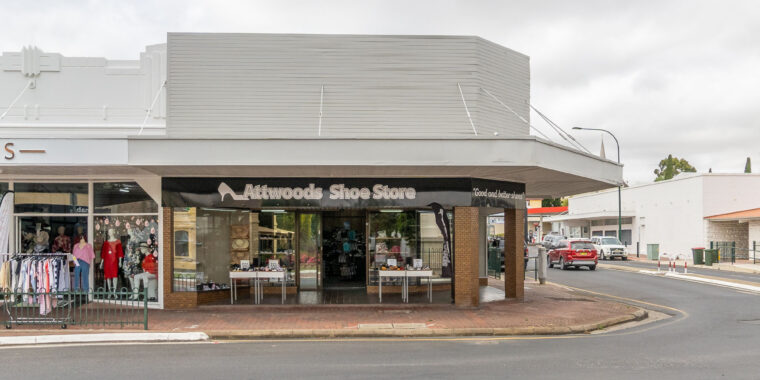
Naracoorte, Mount Gambier, Penola NARACOORTE SA 5271
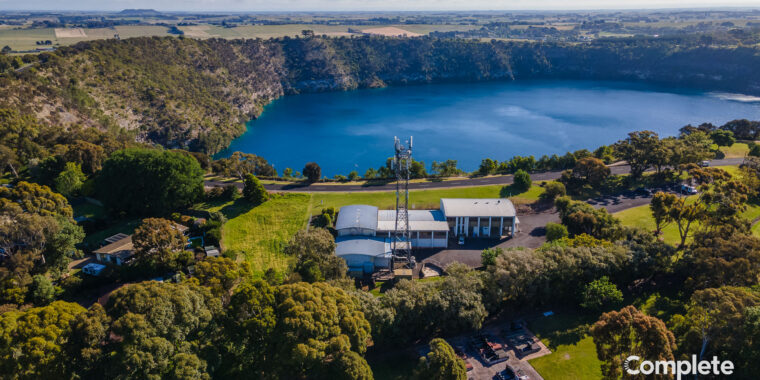
51 JOHN WATSON DRIVE MOUNT GAMBIER SA 5290

3/90 COMMERCIAL STREET EAST MOUNT GAMBIER SA 5290

44 COMMERCIAL STREET WEST MOUNT GAMBIER SA 5290
Buying Faq
Upon signing of the Form 1, you have 2 clear business days before you must pay the deposit amount stated in the Contract of Sale into the Sales Agent trust account. Once the cooling off period has expired and there are no other conditions needing to be met to purchase the property, the purchaser is bound to the contract.
It is a legal requirement when signing a Contract of Sale that you pay a deposit.
Generally, the deposit is 10% of the purchase price, this can be negotiated with the Sales Agent. The deposit is held in the Sales Agent trust account until settlement, with the deposit forming part of the purchase price.
A Contract of Sale for the purchase of a property is a legally binding document, failure to honour the obligations under the contract will result in a breach of contract. This is not to be confused with a deposit for the bank.
The deposit stated within your Contract of Sale is different to that of a bank deposit; the deposit included within the Contract of Sale is paid into the Sales Agents trust account.
Your bank/mortgage broker will advise you of the required deposit amount to be paid for your home loan. Both deposits are used towards the purchase of the property.
If the purchase of a property is subject to any conditions (i.e finance approval) and you are unable to obtain approvals and all endeavours have been taken, then the deposit may be returned.
Your settlement date will be noted in your Contract of Sale, this date may be determined by any conditions needing to be meet to fulfil the purchase of the property, i.e. Subject to Finance, Building Inspection, Subject to Sale and Settlement of another property.
Your settlement date will be noted in your Contract of Sale, this date may be determined by any conditions needing to be meet to fulfil the purchase of the property, i.e. Subject to Finance, Building or Pest Inspection, Subject to Sale and Settlement of another property.
Once all conditions have been met and you have paid your deposit, your settlement date won’t be too far away.
Before your settlement date, there are a few things to organise and your Sales Agent would be more than happy to run through these steps with you, from organising removalists, connecting your services (electricity and gas) and changing your postal address to name a few.
The owner of the property will retain full insurance cover on the property up until the settlement date. It is highly recommend that purchasers take out a cover note of insurance over the property you are buying as you have an interest in the property from signing of the Contract of Sale. Mortgage Lenders may ask for a copy of this insurance to form part of your finance application.
The tenant has the right to stay in the property until their lease end date.
Your Sales Agent can speak to you in further details on the type of lease the tenants are in, being either fixed term or periodic tenancy.
Should the property have a tenant in the property, as the buyer you would take over as the landlord of the property until the tenants lease end date or whichever date comes first, being either lease end date or settlement date.
Buying Faq
This document will contain information on the property itself, including details like:
- Vendor & Purchaser
- Selling Agent
- What ‘cooling off’ rights you have as a buyer
- Details on matters that may affect the property; such as encumbrances, mortgages, zoning and building approvals
The below may be terms you come across:
- Restrictive Covenant: Relates to any conditions that may stop you developing the property in certain ways.
- Encumbrance: Will appear on a title if any restrictive covenants are included on the property, which may affect the title by controlling the future use or development of the land.
- Easement: Can include agreements or rights of a neighbour to use a part of your property to access their own. This also may include an easement over the land for SA Water or SA Power to access services on the property.
- Leases and tenancy agreements: Relate directly to occupancy of the property.
- Development: Will inform you of anything relating to the Development Act such as building approvals, land management agreements with the local council, etc.
In South Australia, the equivalent to a Section32 is the Form 1.
The Form 1 is a statement that is required under Section 7 of the Land and Business (Sale and Conveyancing) Act 1994. This document is made available once a contract has been signed by all parties.
Once the Vendor/s and Agent have signed the Form 1 – Vendor’s Statement, as the Purchaser you will be served a copy of this document which initiates your cooling off period.
The cooling off period is two clear business days, with this period ending midnight on the last business day.
Within this time frame should you wish to not move forward with the purchase you are given the opportunity to cool off. If you wish to do this, notice would need to be completed in writing to your Agent as instructed in the Form 1.
Cooling off may not be applicable if you are purchasing the property as a company.
Should you wish to proceed with the purchase, once your cooling off period has ended your deposit will be due into your Agent’s trust account.
Yes, the conveyancer will legally process the transferring of ownership (including rights, title and interest) from one legal entity to another. A conveyancer is required for both selling and purchasing of property.
Our Clients have Complete Confidence
Discover the Mount Gambier Commercial Precincts
Insights
Comparing Commercial and Residential Property Investments: Which is Right for you?
When it comes to investing in property, one of the biggest decisions you’ll need to make is whether to invest in commercial or residential real estate. In this blog we will explore both options as they both have their own set of advantages and disadvantages, and understanding the key differences between the two, to help you decide which one…Read More→
Business for Good Breakfast with Tom Linnell
Our Commercial Team recently joined Chamber of Commerce hosted breakfast, with guest speaker Tom Linnell. Tom is the Sustainability Coordinator and Educator at Tenison Woods College, 2022 Churchill Fellow and Managing Director of EcoThink. Tom spoke on a number of sustainability topics, focussing on answering the question “how can we do what we do indefinitely?”….Read More→
Health Industry Leases and What it Takes to Secure
The recent establishment of SA Health’s new outpatient clinic at 1/165 Commercial Street East, Mount Gambier has involved the full suite of skills for the Complete Commercial Leasing team to achieve this blue-chip outcome. The property selection process required the assessment of various buildings and their existing internal and structural attributes. This information is then…Read More→
AUKUS Biznet Breakfast with Matt Opie
In a recent speech at the Chamber of Commerce BizNet Breakfast in Mount Gambier, Matt Opie, UniSA Space and Defence Director, shed light on the significance of AUKUS for Australia and the unprecedented opportunities it presents for regional businesses. The AUKUS partnership, comprising Australia, the United Kingdom, and the United States, aims to bolster security…Read More→
Why industrial warehouses are in demand right now
A key commercial trend we’re seeing in Mount Gambier at the moment is a lift in demand for industrial warehouses. This is due to a few factors, both local and national, and means that for investors looking to either invest or try something different, warehouse space is worth contemplating. And with Mount Gambier located almost…Read More→
Selling your Mt Gambier commercial property in a changing market
Unless you’ve ignored all the news for the past few months, you’ll be aware of interest rate rises due to inflation rising above the nominal targets of the Reserve Bank of Australia (RBA). And while fiscal policy can’t address all the factors of inflation, the rises in interest rates will cool what was an overheated…Read More→
Complete Activity
Stay up to date with Complete Commercial sales and leasing activity – gain access to our latest listings, updated listings and sold/leased listings.


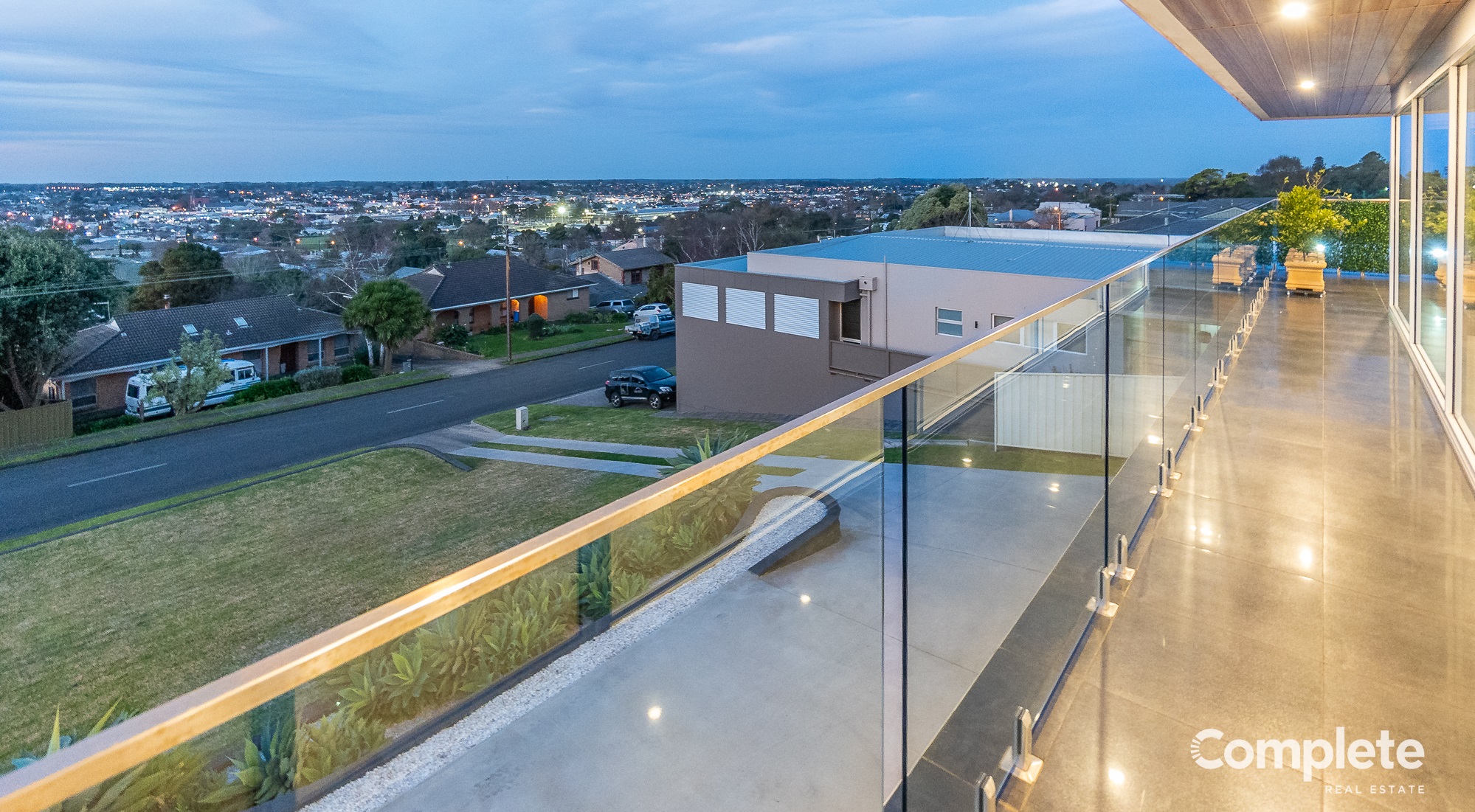
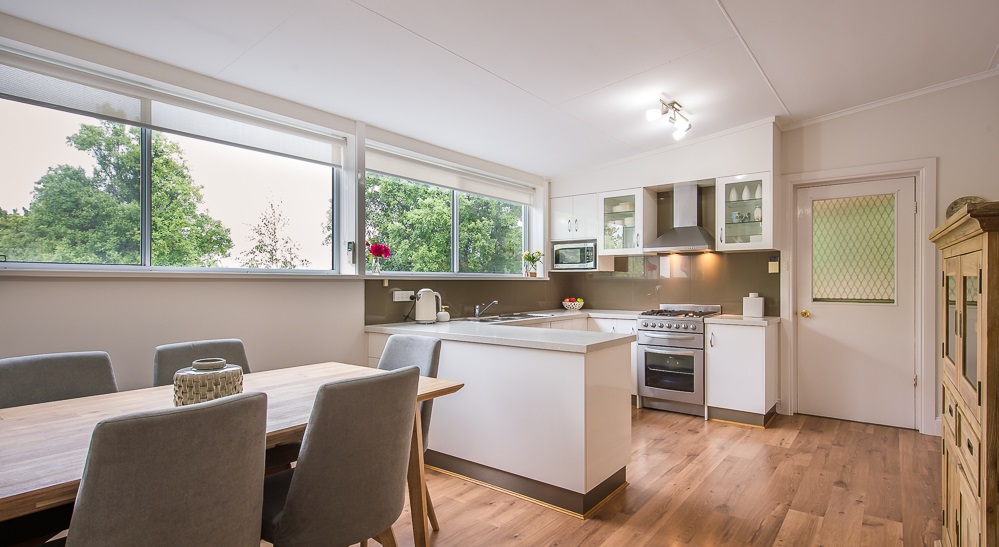
Our sister company Complete Real Estate; is giving complete confidence to the residential real estate market.


